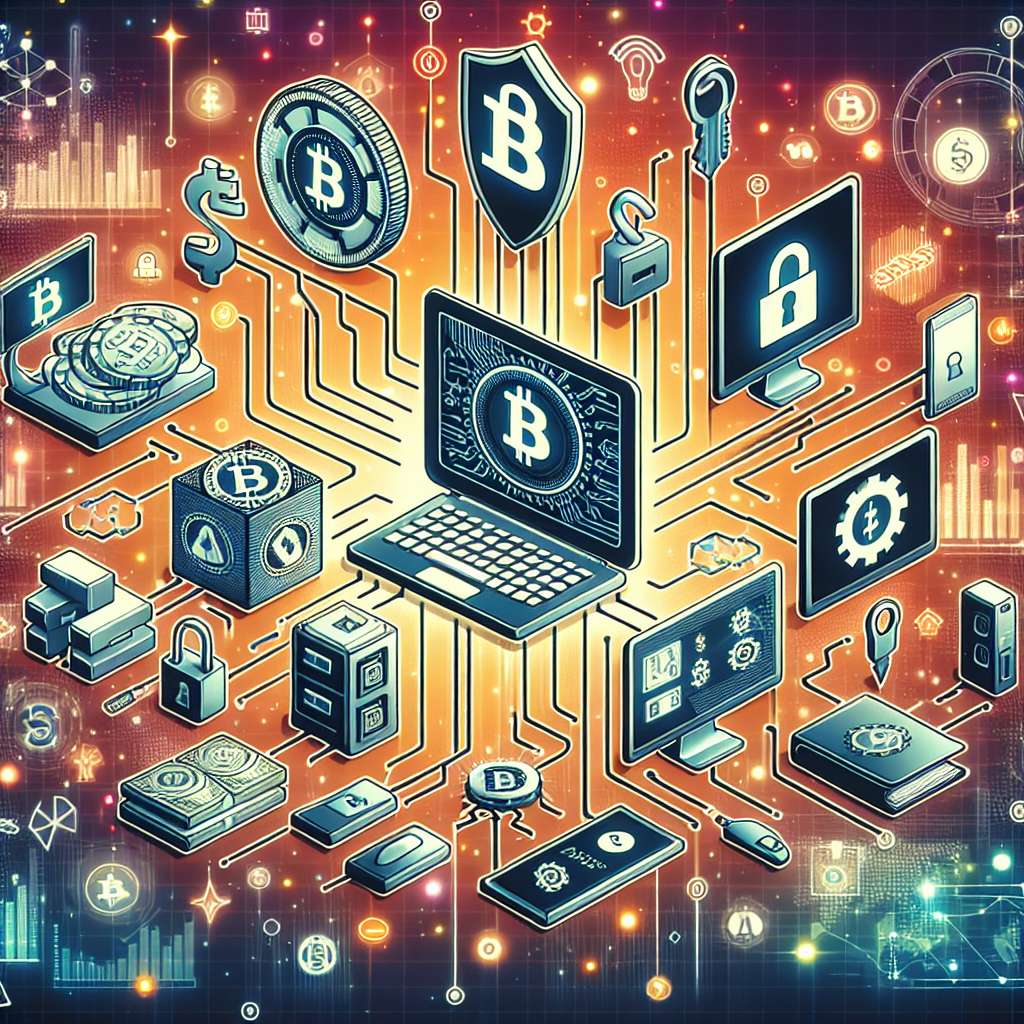What are the best ways to secure my cryptocurrency wallet?
I want to ensure the safety of my cryptocurrency wallet. What are the most effective strategies to protect it from potential threats?

3 answers
- One of the best ways to secure your cryptocurrency wallet is to use a hardware wallet. Hardware wallets are physical devices that store your private keys offline, making it extremely difficult for hackers to access your funds. They provide an extra layer of security by keeping your private keys isolated from your computer or smartphone, which are more vulnerable to malware and hacking attempts. Some popular hardware wallets include Ledger and Trezor. Another important step to secure your cryptocurrency wallet is to use a strong and unique password. Avoid using common passwords or easily guessable combinations. Instead, create a long and complex password that includes a mix of uppercase and lowercase letters, numbers, and special characters. Additionally, enable two-factor authentication (2FA) whenever possible to add an extra layer of security to your wallet. Regularly updating your wallet software is also crucial for maintaining security. Developers often release updates to fix vulnerabilities and improve the overall security of the wallet. By keeping your wallet software up to date, you can ensure that you have the latest security patches and features. Lastly, be cautious of phishing attempts and malicious websites. Always double-check the URL of the website you are visiting and avoid clicking on suspicious links. Be wary of unsolicited emails or messages asking for your wallet information. It's important to stay vigilant and only interact with trusted sources when it comes to managing your cryptocurrency wallet.
 Dec 20, 2021 · 3 years ago
Dec 20, 2021 · 3 years ago - Securing your cryptocurrency wallet is of utmost importance to protect your digital assets. One effective way to enhance the security of your wallet is by using a multi-signature wallet. A multi-signature wallet requires multiple private keys to authorize transactions, making it more difficult for hackers to gain unauthorized access. This adds an extra layer of protection as it requires the collaboration of multiple parties to complete a transaction. Another strategy to secure your cryptocurrency wallet is to regularly backup your wallet's private keys or seed phrase. In the event of a hardware failure or loss, having a backup will allow you to restore your wallet and access your funds. Store your backups in a secure location, such as an encrypted external hard drive or a safe deposit box. Additionally, consider using a dedicated computer or smartphone for your cryptocurrency transactions. This reduces the risk of malware or keyloggers compromising your wallet's security. Keep your operating system and antivirus software up to date to minimize vulnerabilities. Lastly, consider diversifying your storage options. Instead of relying solely on a single wallet, consider using a combination of hardware wallets, software wallets, and offline storage solutions. This reduces the risk of a single point of failure and provides additional layers of security for your cryptocurrency holdings.
 Dec 20, 2021 · 3 years ago
Dec 20, 2021 · 3 years ago - At BYDFi, we highly recommend our users to follow these best practices to secure their cryptocurrency wallets: 1. Use a hardware wallet: Hardware wallets offer the highest level of security by keeping your private keys offline. They are resistant to malware and hacking attempts, making them an ideal choice for storing your digital assets. 2. Enable two-factor authentication (2FA): Adding an extra layer of security through 2FA helps protect your wallet from unauthorized access. Use an authenticator app or a hardware token to generate the second factor. 3. Keep your wallet software up to date: Regularly update your wallet software to ensure you have the latest security patches and improvements. Developers often release updates to address vulnerabilities and enhance the overall security of the wallet. 4. Be cautious of phishing attempts: Be vigilant when receiving emails or messages asking for your wallet information. Avoid clicking on suspicious links and always double-check the URL of the website you are visiting. 5. Backup your wallet: Regularly backup your wallet's private keys or seed phrase and store them securely. This allows you to restore your wallet in case of loss or hardware failure. Remember, securing your cryptocurrency wallet is essential to protect your digital assets. Following these best practices will help minimize the risk of unauthorized access and ensure the safety of your funds.
 Dec 20, 2021 · 3 years ago
Dec 20, 2021 · 3 years ago
Related Tags
Hot Questions
- 90
What are the best digital currencies to invest in right now?
- 90
How can I protect my digital assets from hackers?
- 77
What are the tax implications of using cryptocurrency?
- 69
What are the advantages of using cryptocurrency for online transactions?
- 64
How can I minimize my tax liability when dealing with cryptocurrencies?
- 56
What is the future of blockchain technology?
- 17
How does cryptocurrency affect my tax return?
- 10
What are the best practices for reporting cryptocurrency on my taxes?
